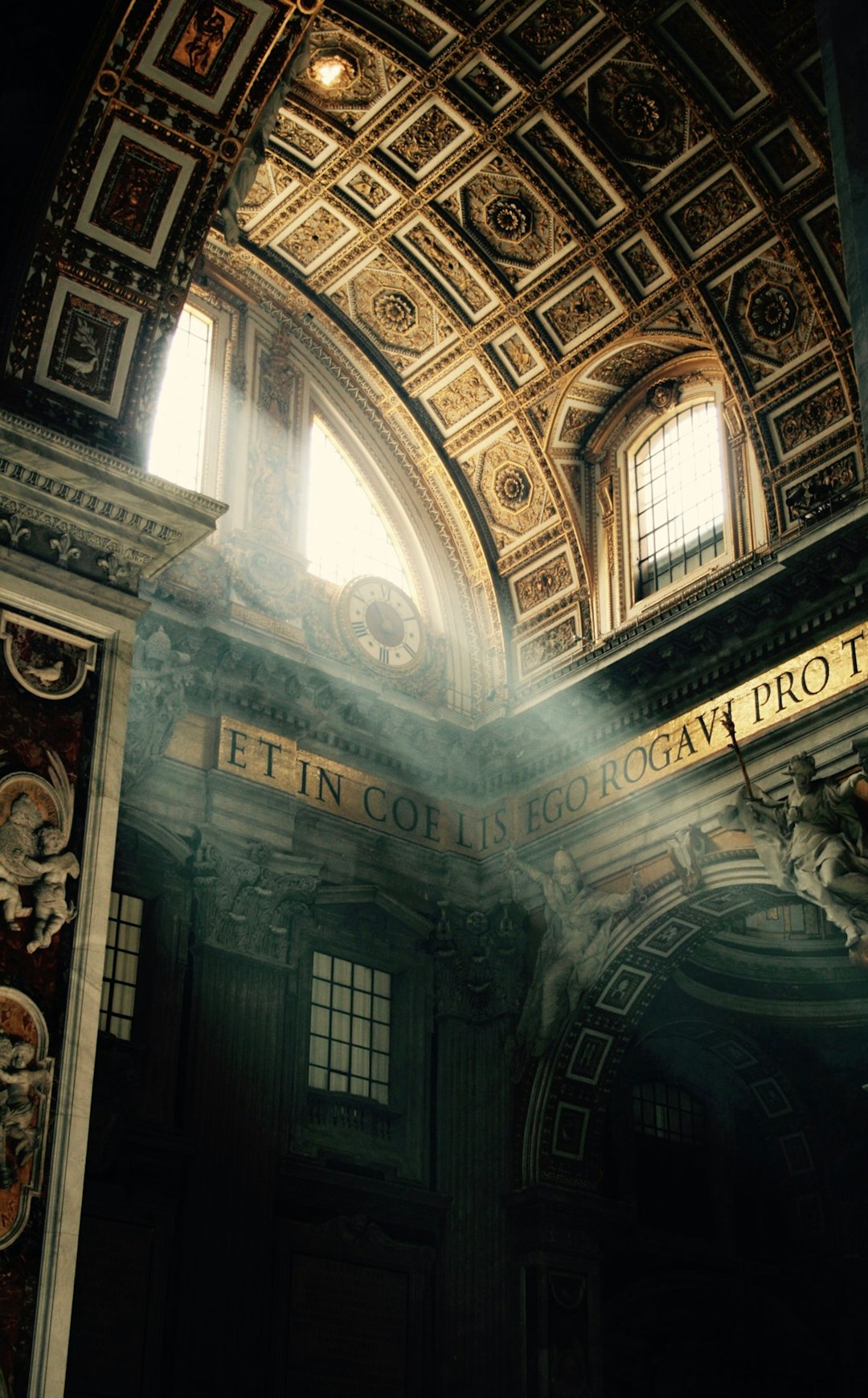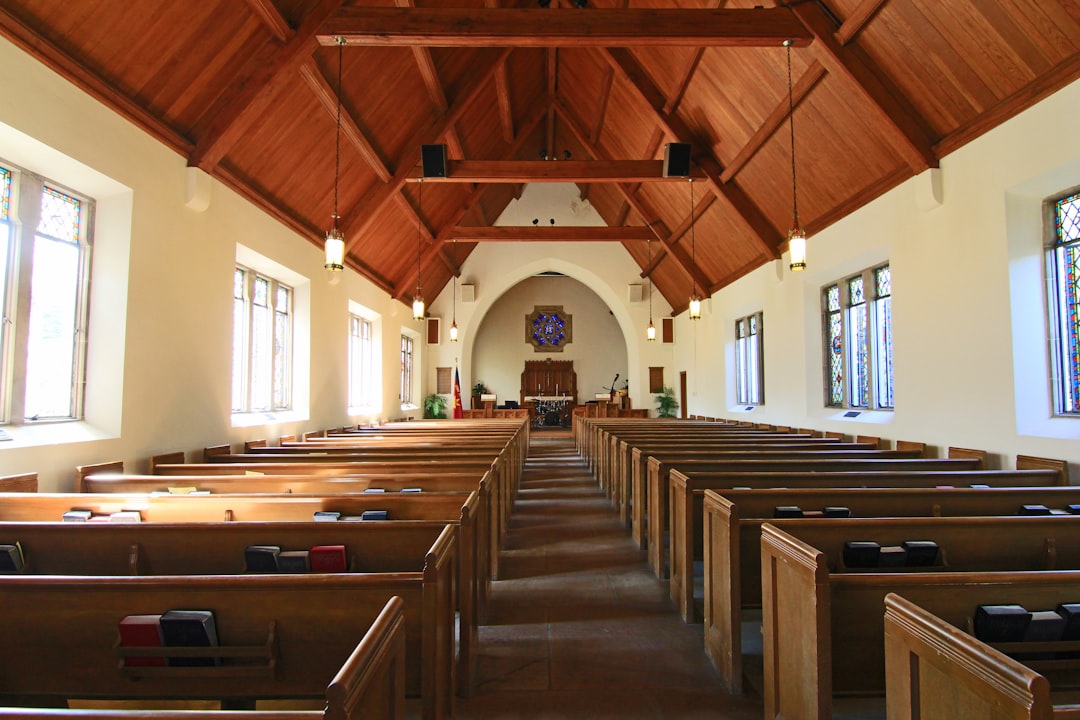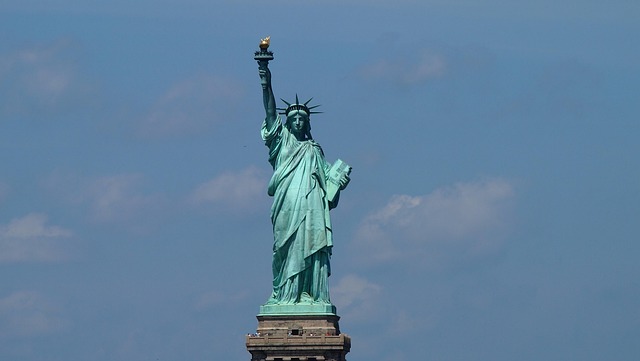In New York, victims of clergy sexual assault face unique legal challenges due to specialized regulations within religious institutions. They often turn to clergy abuse attorneys in New York who possess deep knowledge of state laws and can navigate complex issues, including sensitive matters related to religious entities. These attorneys help survivors secure compensation, foster justice, and contribute to increased awareness and accountability for future prevention through high-profile settlements.
In New York, clergy sexual assault cases have garnered significant attention, driving crucial discussions on consent, power dynamics, and legal accountability. Understanding these cases from a legal perspective is essential, especially with the pivotal role played by clergy abuse attorneys in settling them. This article explores the unique challenges and recent settlements, shedding light on their impact and enhancing awareness of this sensitive issue within New York State.
Key topics include the expertise of a clergy abuse attorney in navigating complex legal landscapes and the historical context of these cases.
Understanding Clergy Sexual Assault Cases in New York: A Legal Perspective
In New York, clergy sexual assault cases are governed by a unique set of legal principles that often distinguish them from typical civil lawsuits. These cases typically involve allegations of abuse by religious leaders, such as priests, ministers, or other spiritual figures, against individuals within their congregation or community. Given the sensitive nature of these matters, many victims face significant barriers to seeking justice, including fear, shame, and a reluctance to come forward.
A clergy abuse attorney in New York plays a crucial role in advocating for survivors by navigating complex legal landscapes and ensuring their rights are protected. These attorneys specialize in understanding state laws regarding sexual assault, as well as the specific regulations within various religious institutions. They help victims navigate the legal process, providing guidance on how to file a claim or lawsuit against the responsible parties, which may include the clergy member, the church, or both. The ultimate goal is to secure compensation for the harm suffered and to foster an environment where survivors feel safe to come forward and seek justice.
The Role of a Clergy Abuse Attorney in Settling Cases
When faced with a clergy sexual assault case in New York, victims often turn to a clergy abuse attorney for guidance and legal representation. These specialized attorneys play a pivotal role in advocating for survivors and ensuring they receive justice. They possess extensive knowledge of state laws pertaining to clergy abuse cases, which can vary significantly from regular sexual assault lawsuits.
A clergy abuse attorney in New York will meticulously review the evidence, interview witnesses, and collaborate with experts to build a robust case. Their primary objective is to reach an amicable settlement with the accused party or, if negotiations fail, represent the victim in court. These attorneys are well-versed in the complexities of such cases, often involving sensitive issues related to religious institutions. They work diligently to protect the rights and best interests of their clients while navigating the unique challenges presented by these high-stakes legal matters.
Historical and Recent Settlements: Impact and Awareness in New York State
In New York State, clergy sexual assault cases have seen both historical and recent settlements that have significantly impacted awareness and understanding of the issue. Over the years, high-profile cases have brought much-needed attention to the problem of clerical abuse, encouraging victims to come forward and seek justice. These settlements not only provide financial compensation for victims but also serve as powerful statements against such misconduct.
Recent settlements involving clergy abuse attorneys in New York have led to increased scrutiny and accountability within religious institutions. As a result, many organizations have implemented stricter policies and procedures to prevent similar incidents in the future. The impact of these cases extends beyond monetary reparations; they have fostered a broader conversation about consent, power dynamics, and the importance of reporting abusive behavior, especially within close-knit communities.





